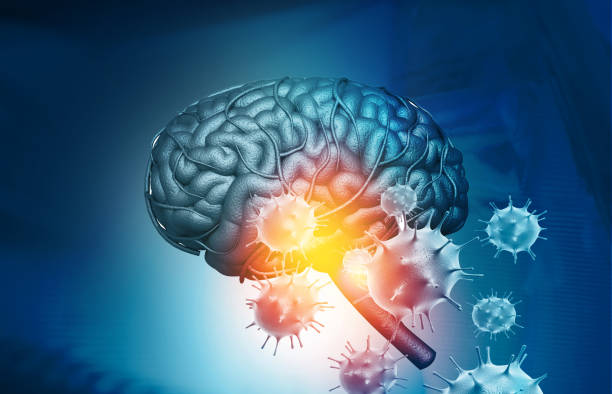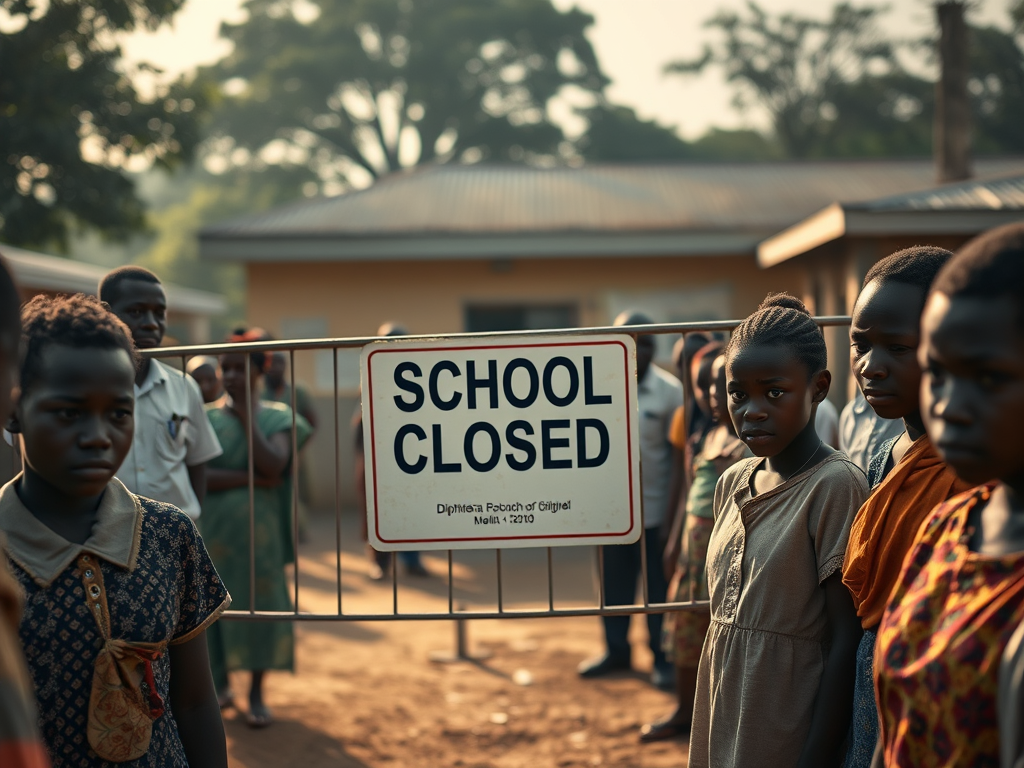An estimated 6% of women across the world, including in sub-Saharan Africa (SSA), have experienced some form of non-partner sexual violence at least once in their lives. Nigeria also witnessed an all-time high spike in sexual violence cases, primarily rape, in 2020 during the lockdown of the COVID-19 pandemic. Incidence reports from school campuses, the IGDP, and residential communities documented a high spike (Peterman et al., 2020; Drotning, 2023). There was a case sometime back, of a girl who was sexually assaulted by the older male and female kids in the neighbourhood. Another case was where a girl was raped by an older (male) cousin who came for holiday visit. Despite the increasing number of reported cases, there are so many cases that are still unreported in the rural and urban areas (Kayleigh et al, 2022).
Sexual assault can be defined as a sexual act that is committed on someone who is unable to consent or say no. It involves “forced or alcohol/drug facilitated penetration of the victim…it involves a lack of freely given consent as well as a situation in which the victim is unable to consent or refuse” (Basile et al, 2014, p.11).
Sexual assault is a traumatic event that can have long-term and deep-rooted psychological wounds on its victims. The impact of sexual assault can be manifested in many ways, one of which is post-traumatic stress disorder (PTSD).
PTSD is a common mental illness that can be caused by such a traumatic event as sexual assault. Its victims can have flashbacks, nightmares, a strong avoidance of stimuli, and a state of increased vigilance.
Depression: Another illness of the mind that is prevalent after sexual assault is depression. Symptoms may include overwhelming sadness, hopelessness, loss of interest in activities that were once enjoyable, and persistent fatigue.
Anxiety: Anxiety is a broad term that is used to describe feelings of worry, nervousness, or unease. Anxiety disorders are a category of mental illnesses that are characterized by excessive levels of anxiety and fear that have a tendency to interfere with daily life.
Substance abuse refers to the use of any substance in a harmful or dangerous way. Substance abuse is one strategy that some sexual assault survivors use to cope with the depths of their trauma.
The most common cause of guilt is generally self-criticism. Victims are caught uttering such phrases as, “I shouldn’t have stayed out so late,” or “I should have attempted to fight back,” or “If I had been more vigilant about locking the door, this could not have occurred.”
At times, the burden of the feelings of guilt is a result of knowing that other individuals might have been worse off than the victim herself. This is the case of survivor’s guilt. Other than these emotional problems, survivors of sexual assault can also develop a variety of physical symptoms, including: chronic pain, sleeping disorders, eating disorders, and sexual dysfunction.
Medication may have a significant role in the treatment and healing of sexual assault victims. Medications can be employed to reduce symptoms of PTSD, depression, anxiety, and other mental disorders. Medications can also be employed to alleviate physical symptoms, including pain and sleep disturbances.
It is important to note that pharmaceuticals are not a cure for the psychological impact of sexual assault. However, they can be a valuable tool in helping survivors to manage their symptoms and improve their quality of life.
In addition to pharmaceuticals, there are a number of other treatments that can be helpful for survivors of sexual assault. Psychotherapy can help survivors to understand and process the trauma of sexual assault. Support groups can provide a safe and supportive environment for survivors to connect with others who have shared experiences. Complementary and alternative therapies, such as yoga and massage, can help survivors to relax and reduce stress.(Cowan et al, 2024)
It is important for survivors of sexual assault to seek professional help. A mental health professional can assess the individual’s needs and recommend the most appropriate treatment plan.
Stop keeping it a secret, speak out and get help! Remember that you are not alone. There are people who care about you and want to help.
References
- Basile, K.C., Smith, S.C., Breiding, M.J., Black, M.C. and Mahendra, R.R. (2014) Sexual Violence: Uniform Definitions and Recommended Data Elements, version 2.0 Atlanta (GA): National Center for Injury Prevention and Control.
- Cowan A, Ashai A, Gentile JP. Psychotherapy with Survivors of Sexual Abuse and Assault (https://www.ncbi.nlm.nih.gov/pmc/articles/PMC7239557/). Innov Clin Neurosci. 2020 Jan; 17(1-3), 22–26. Accessed 4/18/2024.
- Kayleigh, A. S., Kathleen A. F., and Rick, T. (2022). Who Can You Trust? The Impact of Procedural Justice, Trust and Police Officer Sex on Women’s Sexual Assault Victimization Reporting Likelihood. Violence against Women. 29(5).





